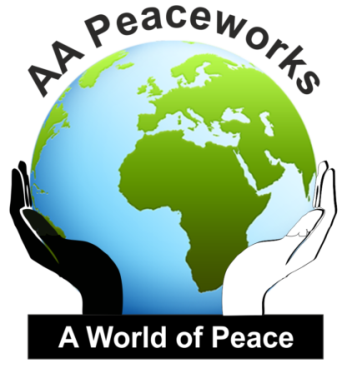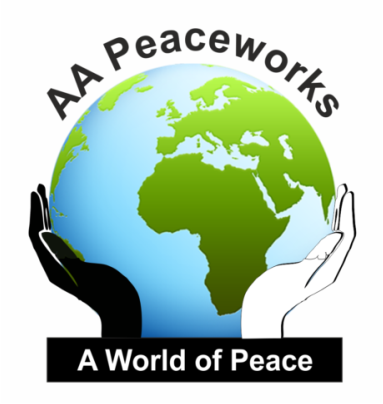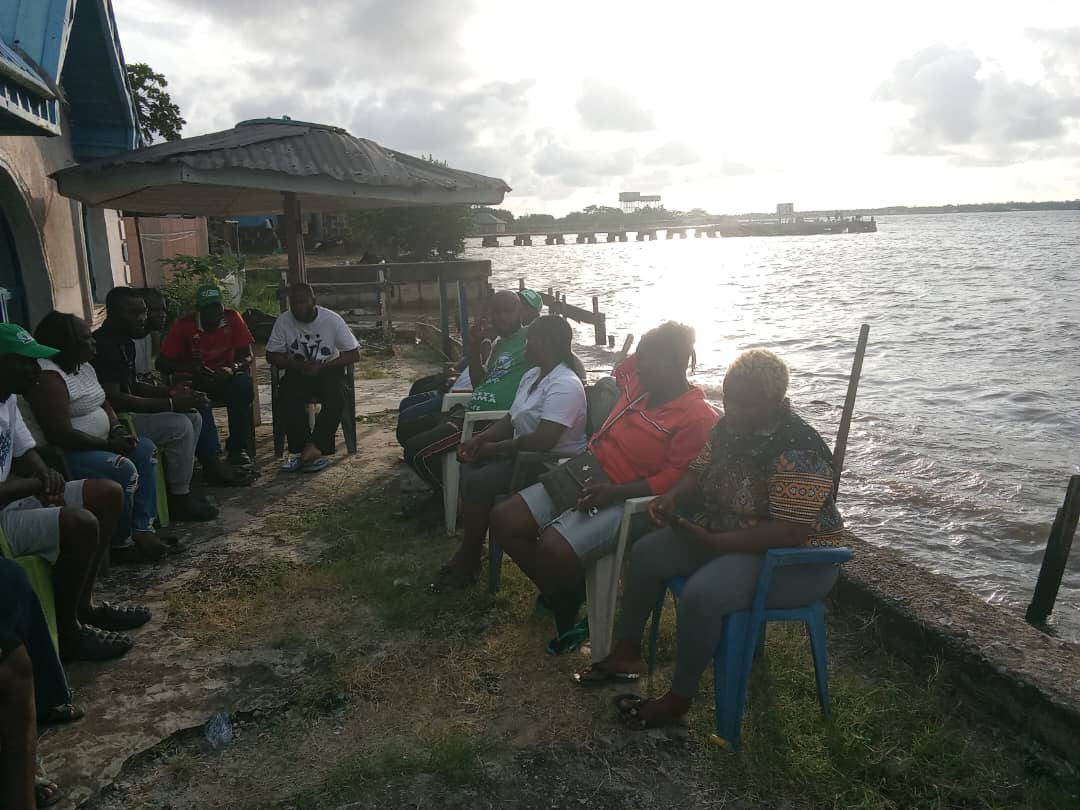Coping with Climate Change as a Cause of Conflict in Coastal Communities of West Africa
Academic Associates PeaceWorks (AAPW) is implementing the above-named project with three other consortium partners: Fondazione Accademia Italiana della Marina Mercantile (The Ìtalian Maritime Academy FAIMM based in Genoa, Italy), Health of Mother Earth Foundation (HOMEF based in Benin City, Nigeria), and West African Network for Peacebuilding (WANEP based in Accra, Ghana) with support from the European Union (EU). The project aims to strengthen West African Coastal Communities’ ability to cope with climate change and conflict by developing innovative tools related to conflict-sensitive climate change (CC) adaptation and prevention of environmental crimes that exacerbate climate change impact on communities, as well as monitoring of the impact of climate change as a driver of conflict.
To achieve this, the project has identified 10 coastal communities in 5 coastal states of the Niger Delta prone to the negative aspects of climate change, listed below. An extensive research (see full and abridged copies of the report here) has been undertaken by HOMEF, involving some AAPW staff and other researchers in May- July 2022. During March/April and June/July 2022, AAPW conducted community entry visits to the 10 communities (see the Community Entry reports).
| State | LGA | Community | Date |
| Akwa Ibom State | Ibeno | Inua Eyet Ikot in Ibeno | June 30-July 2 |
| Eastern Obolo | Okoroete & Iko | July 3-6 | |
| Bayelsa State | Brass | Akassa | April 3-6 |
| Nembe | Agbakabiriyai, Etieama and Igbetaewoama | March 31-April 3 | |
| Cross River State | Odukpani | Creek Town | June 24-26 |
| Akpabuyo | Esuk Mba | June 20-22 | |
| Delta State | Burutu | Ogulagha | March 24-27 |
| Warri South | Ugborodo | March 28-30 | |
| Rivers State | Bonny | Finima | April 11-13 |
| Khana | Kono | July 20-22 |
AAPW and HOMEF staff returned to the communities in late September to present both the research and community entry reports to each community. These visits will continue through October and November. From the research reports, the communities will identify their priority concerns and suggested lines of action to address climate change and prevent resultant conflict.
AAPW is establishing a Community Stakeholders Network in each of the 10 project communities in the Niger Delta (see the explanation of the CSN model which AAPW has been using for almost 20 years). The CSNs will then be trained to analyse climate and conflict issues and deliver nature-based innovative solutions to the CC challenges in the region, through a large-scale capacity-building program, targeting communities and local actors. HOMEF will conduct similar meetings and establish CSNs in Togo and Senegal. The CSNs will also report on climate change and conflict indicators in the ECOWAS regional framework for Early Warning Early Response, which is operated by WANEP. WANEP will also work on advocacy with regional governments to address climate change issues, while FAIMM updates security agents on these issues.
Given the heavy flooding in Bayelsa and parts of Delta and Rivers states, the C7 consortium is documenting ways that communities cope or do not cope well with rising flood waters in the region.
The C7 project started on February 1, 2022, and will run for 3 years. Watch this website for updates as well as the sites of other consortium partners.


